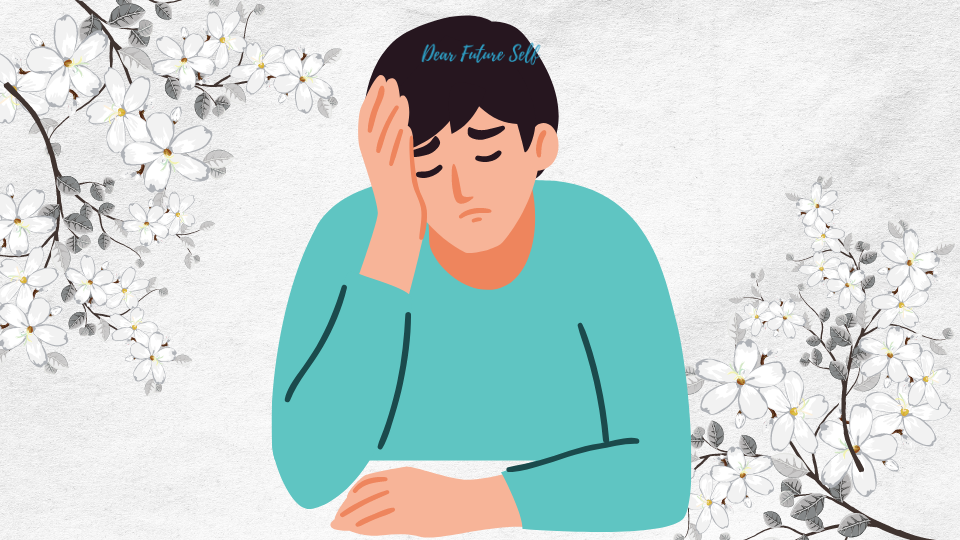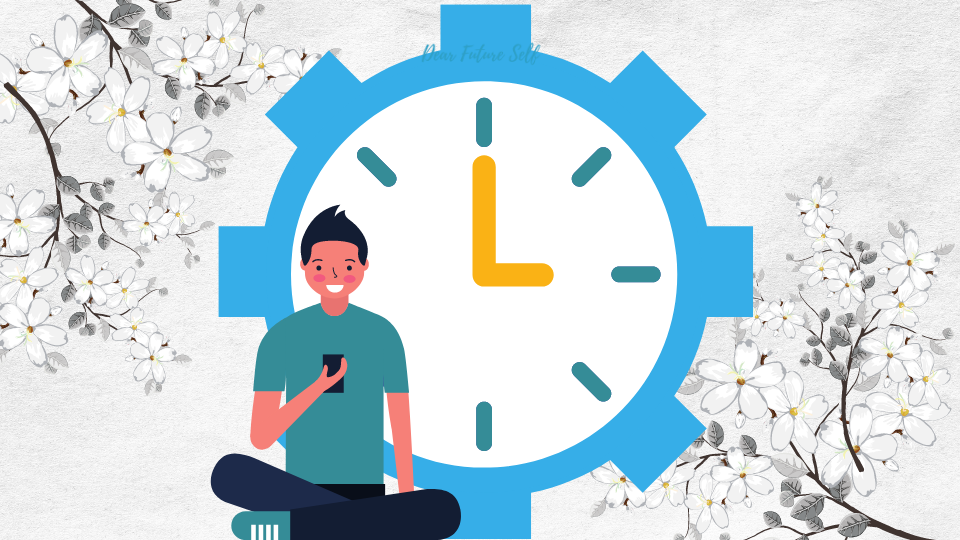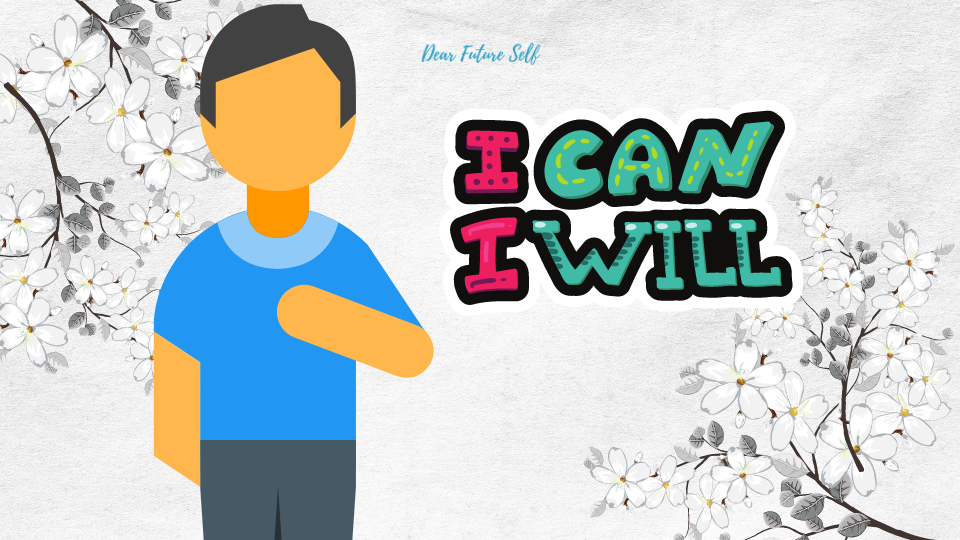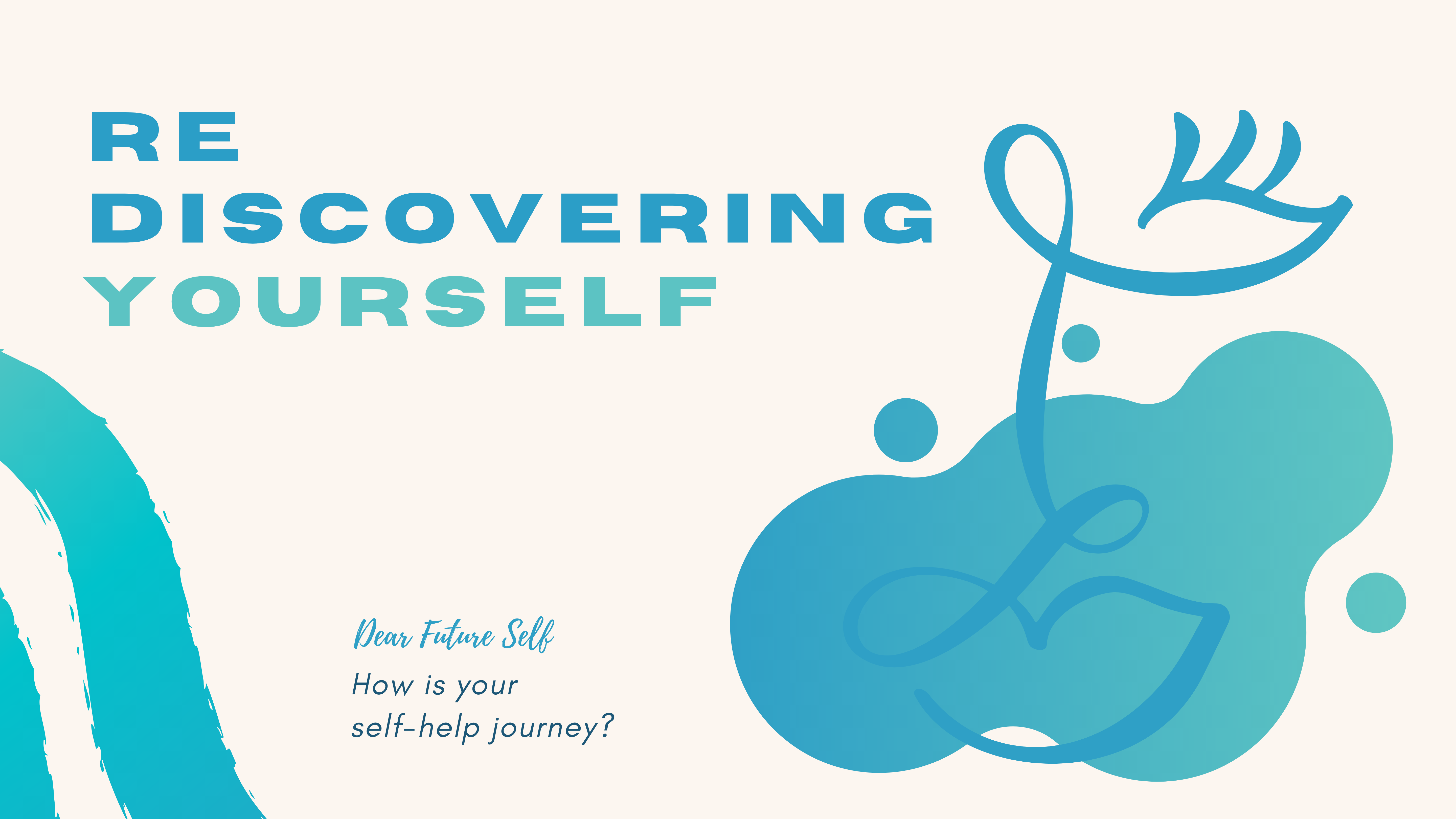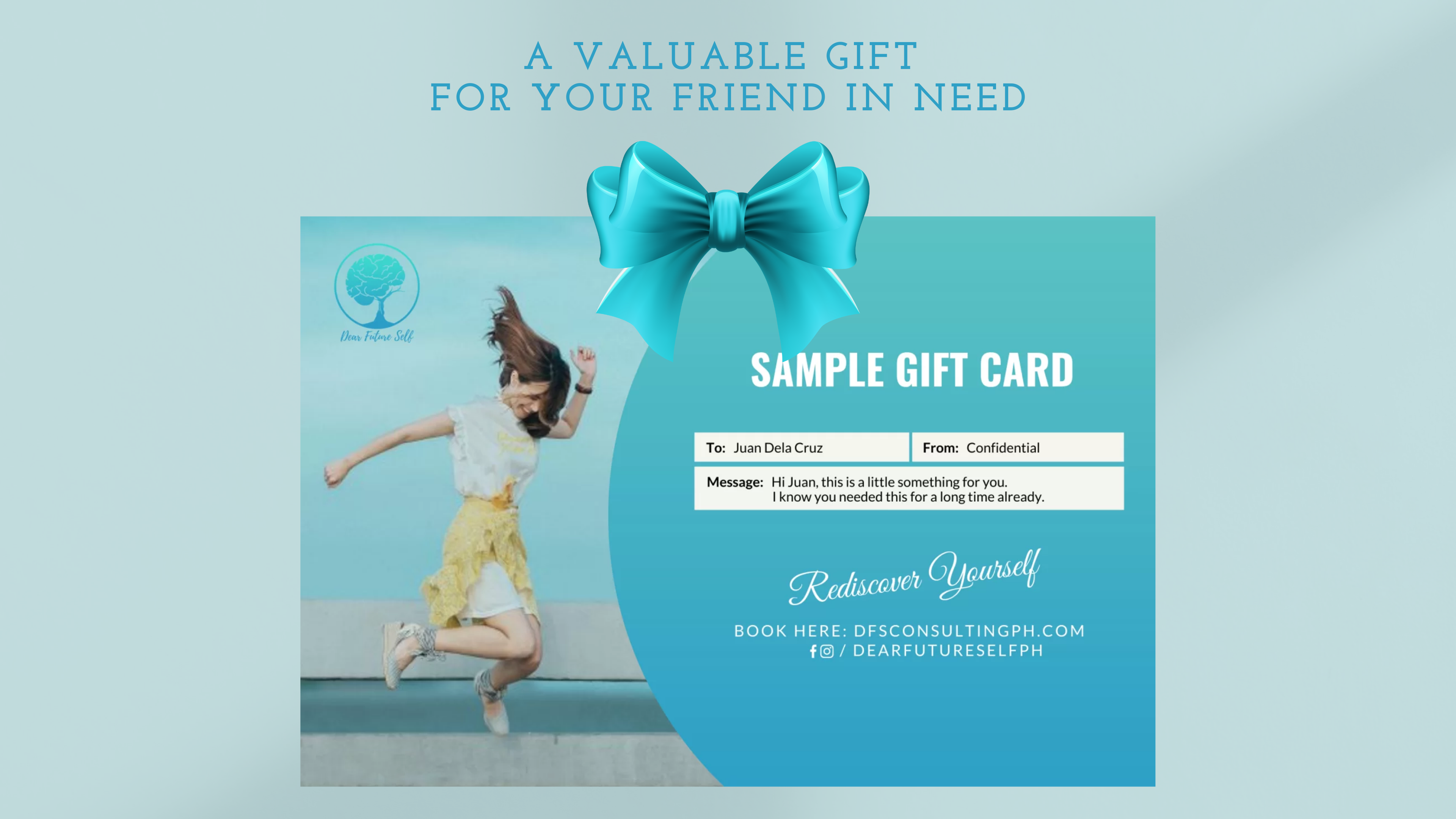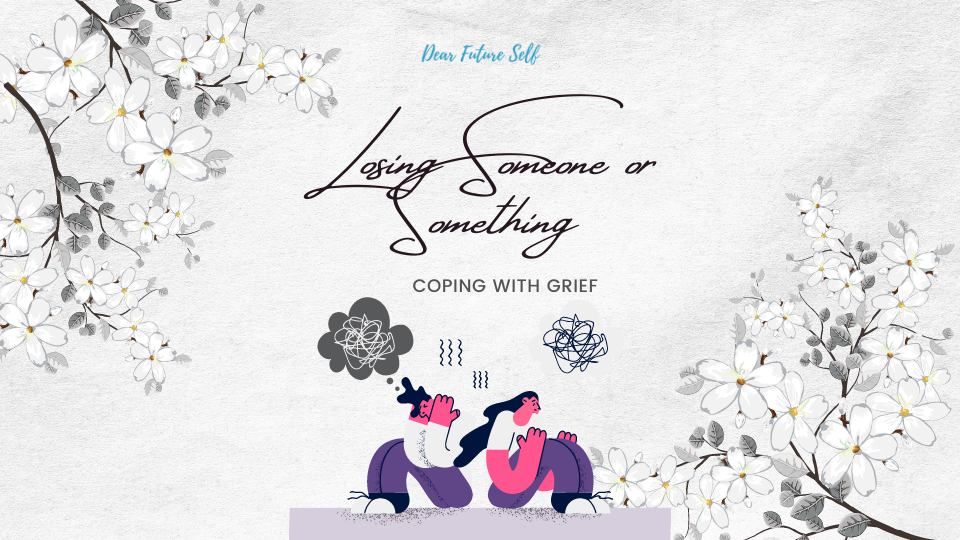
27 Jan Losing Someone or Something – Cope with Grief
COPING WITH GRIEF
Experiencing the loss of a loved one is one of life’s most challenging moments. Grief can bring a mix of emotional, mental, and even physical struggles that impact how we relate to others, maintain our daily routines, and care for ourselves. Whether or not someone has faced emotional difficulties in the past, grief can present new challenges or intensify existing ones.
Coping with loss is never easy. The pain of losing a friend, partner, parent, child, or other relative may be overwhelming. This process is deeply personal and varies from one individual to another. Life often feels different after a significant loss, and the way we mourn can depend on personal, cultural, or spiritual traditions.
Grief is a natural response to loss. It’s the emotional suffering we feel when something or someone we love is taken away. The feelings can be intense and may include sadness, anger, disbelief, guilt, or deep sorrow. It can also affect your physical health, making it difficult to sleep, eat, or focus. These reactions are common, and the intensity of grief often reflects the significance of the loss.
For young people, grief may show up in changing sleep habits, withdrawing from usual activities, displaying frustration, or increasing time spent on technology. No matter your age, processing loss takes time and patience. Healing happens gradually and can’t be forced. There’s no standard timeline for grieving—some may start to feel more at ease after a few weeks or months, while others may need years. It’s important to be kind to yourself and allow the experience to unfold naturally.
Here are some ways to cope with feelings of grief:
- Acknowledge your losses and Find healthy outlets to express grief.
- Accepting what you feel is an important first step toward healing. Find ways to express your grief. Some people express grief and find comfort through art, gardening, writing, talking to friends or family, cooking, music, gardening or other creative practices.
- Consider developing new rituals in your daily routine to stay connected with your loved ones. These might help you maintain a sense of connection to what has been lost. This could be as simple as lighting a candle, spending time in nature, or setting aside time each week to reflect.
- Spend time with others. Whether through shared activities or conversation, being around people who care about you can bring comfort—even if you don’t feel like talking about your grief every time.
-
Stay in the present. If you’re worried about future uncertainties, try to focus on what you can control in the here and now. This might mean taking care of daily tasks, setting short-term goals, or simply getting enough rest and nourishment.
-
Care for your body and mind. The emotional strain of loss can be exhausting. Prioritizing sleep, nutrition, movement, and rest can help support your wellbeing as you grieve.
Sharing your misfortune may make the heap of pity simpler to bear, however that doesn’t mean you need to discuss it each time you see your companions or family members. Being in the organization of the individuals who care about you may likewise give solace. It’s important not to disengage oneself.
It’s more fundamental than any other time to search for yourself while you’re grieving. The pressure of a huge misfortune might debilitate your energy and enthusiasm holds quickly. Dealing with your physical and mental requirements can help you in beating this difficult circumstance.
Grief is a deeply personal journey, and it looks different for everyone. While you may never “get over” the loss, you can learn to live with it and find meaning in your life moving forward. Support, patience, and self-compassion are essential as you navigate the road ahead.
What can you do now for the sake of your ![]() ?
?
References:
Centers for Disease Control and Prevention. (2021, July 22). Grief and loss. Centers for Disease Control and Prevention. Retrieved September 15, 2021, from https://www.cdc.gov/mentalhealth/stress-coping/grief-loss/index.html.
Melinda. (2021, August 12). Coping with grief and loss. HelpGuide.org. Retrieved September 15, 2021, from https://www.helpguide.org/articles/grief/coping-with-grief-and-loss.htm.
Stieg, C. (2021, January 12). How to cope with grief during the COVID-19 pandemic. CNBC. Retrieved September 15, 2021, from https://www.cnbc.com/2020/04/10/how-to-cope-with-grief-during-the-covid-19-pandemic.html.
Self-Help Corner
Seek Professional Help

Gift Certificates & Self-Care Package
Connect with Us


